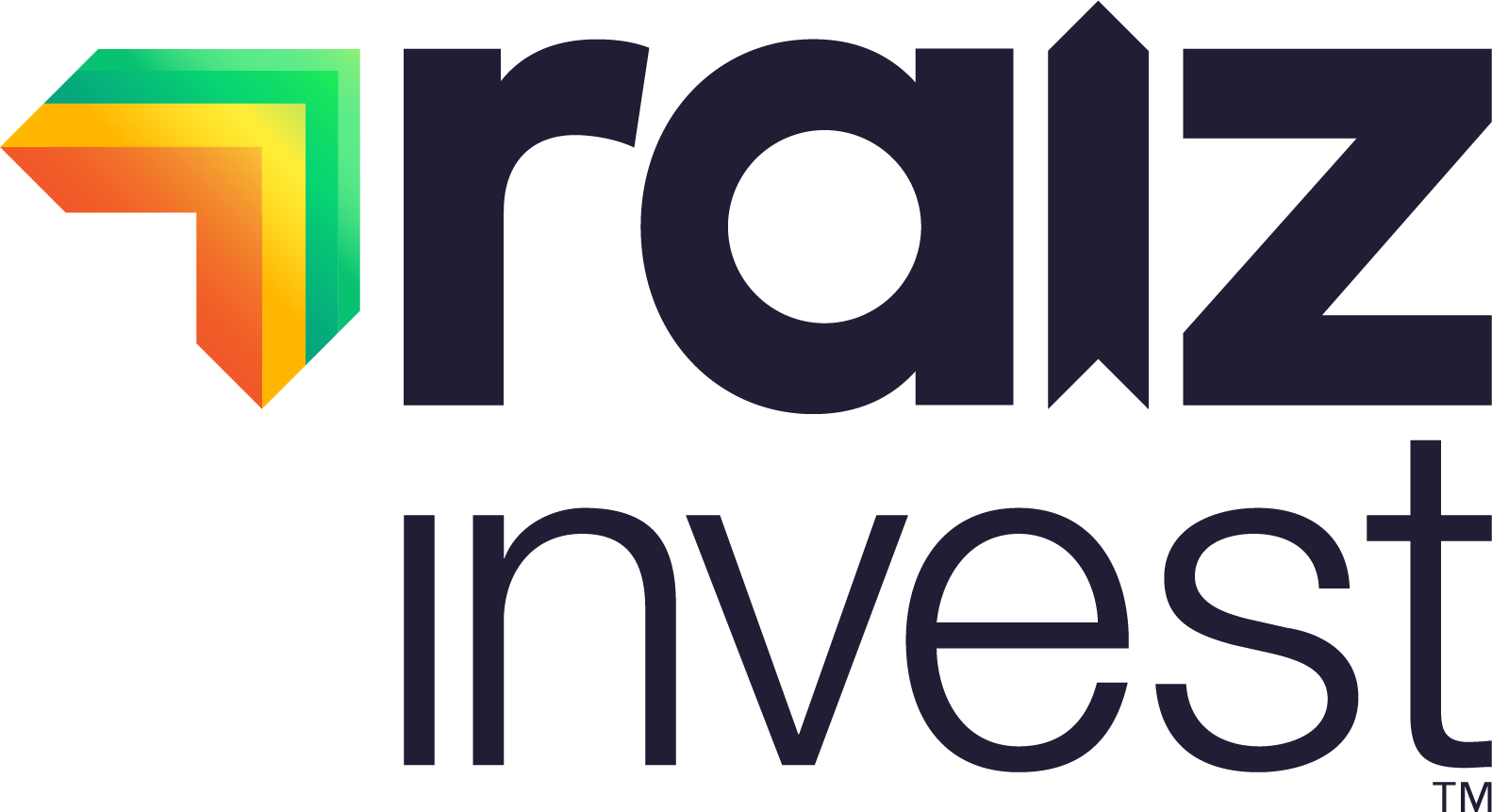Markets kick off the 2021 calendar year

05-01-2021
George Lucas, Raiz Group CEO
To start 2021, let’s look at some of the risks facing the markets over the coming year, which will be a key question for investors positioning their portfolios for the next 12 months.
Firstly, following a pandemic year, we enter 2021 with countries’ economies in markedly different shape. For instance, The US stock market gained more than 16 percent over 2020 compared with the UK stock market which fell 14 percent, while the Chinese CSI rose more than 27 percent and Indonesia market fell around 8.5 per cent. The Australian market, meanwhile, fell around 2 per cent.
We also saw that countries with high exposures to oil fell more than those with reliance on large tech companies. The US Nasdaq rose more than 40 per cent in 2021. By contrast, Brent crude closed the year above $51, up from a low of $16 a barrel. It was closer to $70 a barrel at the start of 2021.
On currencies, the US dollar is down nearly 7 percent against a major basket of currencies, which marks its worst performance since 2017.
Big economic stimulus to continue
Given this backdrop, even though there are many signs inflationary pressures are building it is unlikely that central banks will increase interest rates in 2021 as they continue to focus on stimulating economies. However, the problem for central banks going forward is that they are running out of tools if there is another shock to global output and more stimulus is needed.
At the same time investors are hunting for greater yields so it’s likely they will start seeking high yield products which carry significantly higher risks. This could cause a problem later down the track.
We will likely see money continue to flow into equity markets as they have unexpectedly performed well. Looking ahead, we can expect investors in the developed markets, who have had massive increases in savings, due to government support, and nowhere to spend money, to get frustrated at the low yield and start taking more risks for not that much better returns.
Investors eyeing emerging markets
This could lead to exploring riskier emerging markets (EM). Generally, emerging markets do not have the same luxury as many developed markets to print money and borrow at low rates. In the cases of EMs like Indonesia and Malaysia, benefiting from the recent rallies in commodity prices, they are also trying to manage their currencies so they do not strengthen too much against the US dollar, which gives them some ability to print money.
An issue for these EM central banks is that there is limited scope to control inflation while they are trying to stimulate their economies.
So, here, the biggest risk for 2021 is inflation, which is starting to reappear especially in a recent rise in food prices, combined with logistic constraints from COVID.
Emerging markets face vaccine challenge
Another limiting factor on economic recovery in EMs is the timeline on a COVID-19 vaccine rollout. In the developed world it will likely take over 18 months process to get 90% of the population vaccinated against the virus. This will mean continued travel restrictions for some time.
So in short, looking ahead this year, we should expect a rally as savings continue to grow while at the same time returns at banks are now basically zero, so people will take more risk to get a return. Sounds simple but it never is and watch out for inflation.
Important Note: The information on this website is provided for the use of licensed financial advisers only. The information is general advice and does not take into account any person’s particular investment objectives, financial situation or investment needs. If you are an investor, you should consult your licensed adviser before acting on any information contained in this website.
Investors only: The information in this Document is confidential it must not be reproduced, distributed or disclosed to any other person unless it is part of their statement of advice. The information may be based on assumptions or market conditions and may change without notice. This may impact the accuracy of the information. In no circumstances is the information in this Document to be used by, or presented to, a person for the purposes of making a decision about a financial product or class of products.
General advice warning: The information contained in this Document is general information only. It has been prepared without taking account any potential investors’ financial situation, objectives or needs and the appropriateness of this information needs to be considered in that context. No responsibility or liability is accepted by Instreet or any third party who has contributed to this Document for any of the information contained herein or for any action taken by you or any of your officers, employees, agents or associates.



